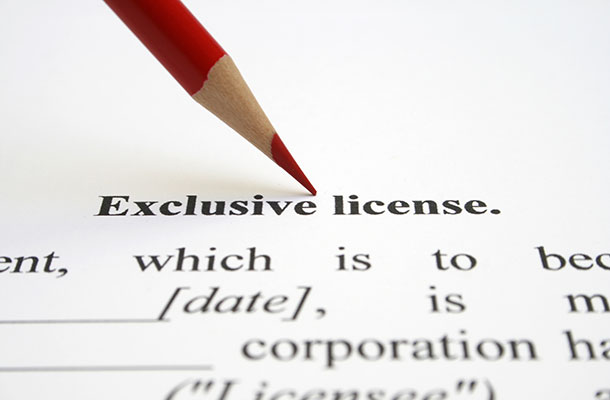Two years ago we attended the Brand Licensing Europe exhibition at Olympia where we had a small stand in the advice centre. A young man walked towards us, beaming from ear to ear, delighted at the deal he had just completed on behalf of his company.
He sat down in front of us and the conversation went something like this:
Me: “You look pleased."
Him: “Yes, I have just tied up a licensing deal to place a certain character on bags and the like and it only cost me ££££'s."
Me: “Excellent, what type of licence did you get?”
Him: “Type?”
Me: “Yes, is it an exclusive, non-exclusive, sole?”
Him: “There are different types?”
Me: “Are you licensing a trade mark, the design, copyright”?
Him: “The character.”
Me: “Just for bags or clothing, accessories etc?”
Him (now not smiling): “I don’t know, I don’t think my director is going to be pleased!”
If you are coming to the BLE 2015 expo tomorrow, perhaps come and see us first before you do any deals. It’s really important to know what type of license you are entering into and what you are licensing for what area of business.
Licensing intellectual property is important to all sorts of businesses, not just those in the technology sectors. Companies can derive significant income from licensing and licensing can offer flexibility in the way a business develops.
Licensing is the process of leasing a legally protected entity. This could be a name, logo, trade mark, invention, graphic design, slogan, signature, character or a combination of several of these elements. Many major companies and the media consider licensing a significant marketing tool.
Entertainment, sports and fashion are perhaps the areas that spring to mind as areas for licensing. In actual fact the business reaches into the worlds of corporate brands, art, publishing, colleges and universities and non-profit groups, to name a few.
It can extend a corporate brand into new categories, areas of a store, or into brand new stores. Licensing is a way to move a brand into new businesses without making a major investment. That could be in new manufacturing processes, machinery or facilities. In a well-run licensing program, the property owner maintains control over the IP, eventually reaping the benefit in extra revenue (royalties), and also in exposure in new channels or store aisles.
A common example of an IP licence is the one you receive whenever you buy a copy of software to use in your business. The terms and conditions on which IP is licensed are varied. The licensor and licensee usually agree those terms and conditions by negotiation. The outcome of those negotiations will depend on the relative bargaining power of each side. But, you are more likely to obtain favourable terms if you own IP which protects a significant and distinctive innovation or work than if the potential licensee has several equally attractive alternatives.
Benefits of licensing
There are many reasons why you would license, some of these could include:
- sharing costs and risk
- revenue generation
- increasing market penetration
- reducing costs
- saving time
- accessing expertise
- obtaining competitive advantage
Whenever you think about taking or granting a licence of any IP, the first step should be to assess the needs and objectives of your business and how licensing might help meet them.
To find out more about licensing and to see licensing in action come and visit us at Brand Licensing Europe at Olympia on 13 to 15 October.
To keep in touch, sign up to email updates from this blog, or follow us on Twitter.

Recent Comments